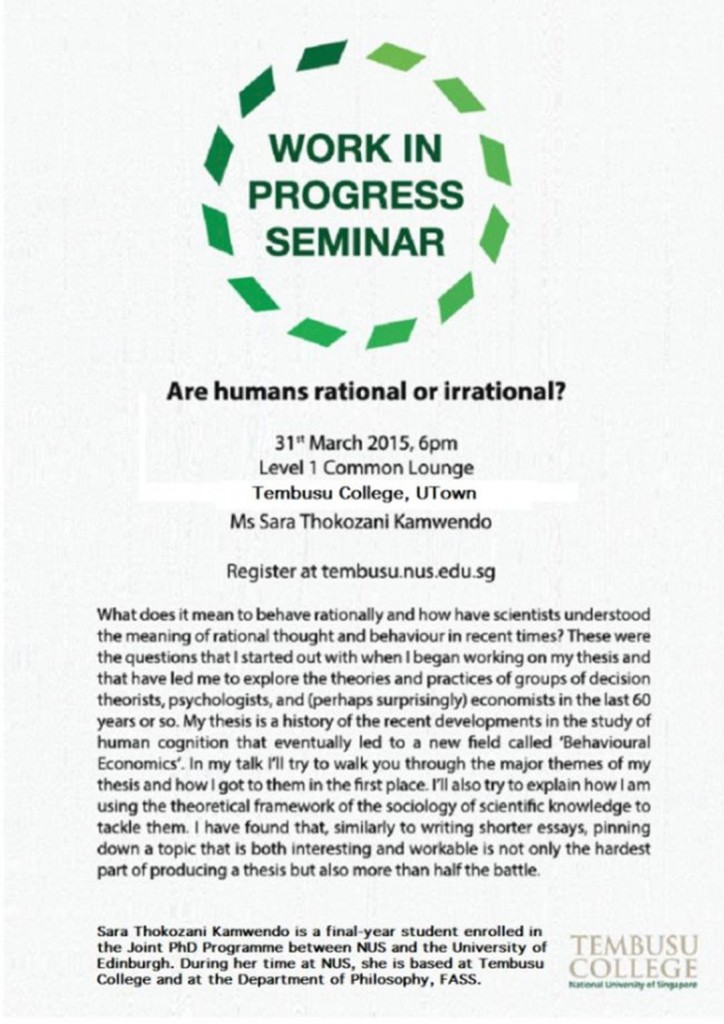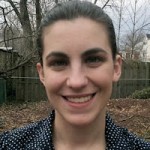In a famous letter to Graham Priest and JC Beall, David Lewis declined to be part of an anthology they were editing on the debate about the Law of Non-Contradiction. Twelve years before, Priest’s book ‘In Contradiction’ had put dialetheism—the position that some contradictions are actually true—on the map. By the time the anthology was being put together, a growing number of classical logicians saw Priest’s arguments as a challenge that had to be addressed. Lewis, however, was having none of it. “To conduct a debate, one needs common ground; principles in dispute cannot over course be used as common ground; and in this case, the principles not in dispute are so very much less certain than non-contradiction itself that it matters little whether or not a successful defense of non-contradiction could be based on them.”
If Lewis is right, then the debate about the LNC looks like an instance of epistemic peer disagreement—a disagreement that doesn’t trace back to any asymmetry in the disputants’ access to relevant evidence, or to any asymmetry in their ability to properly evaluate that evidence. Unfortunately, when we try to plug his position into any of the standard views about peer disagreement, the results are extremely counter-intuitive. Happily, I conclude that Lewis is wrong. Despite the apparent difficulties, it is entirely possible to provide rational arguments for basic logical principles.
Philosophy Seminar Series.
Date: Thursday, 27 Mar 2014
Time: 2 pm – 4 pm
Venue: Philosophy Resource Room (AS3 #05-23)
Speaker: Ben Burgis, Underwood International College
Moderator: Dr. Ben Blumson
About the Speaker:
 Ben Burgis is a post-doc at Underwood International College in South Korea. His research interests involve philosophy of logic, philosophy of language, the Liar Paradox, and the question of why “nay” means “no” in English and “yes” in Korean
Ben Burgis is a post-doc at Underwood International College in South Korea. His research interests involve philosophy of logic, philosophy of language, the Liar Paradox, and the question of why “nay” means “no” in English and “yes” in Korean
 Qing Lun is pursuing his MA in NUS, where he is currently engaged in research on modal metaphysics.
Qing Lun is pursuing his MA in NUS, where he is currently engaged in research on modal metaphysics.






